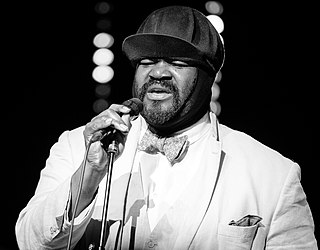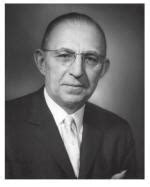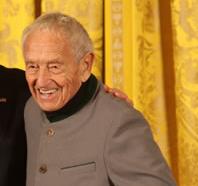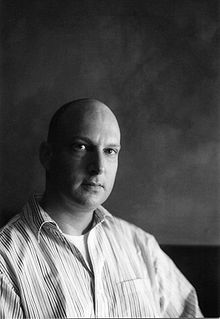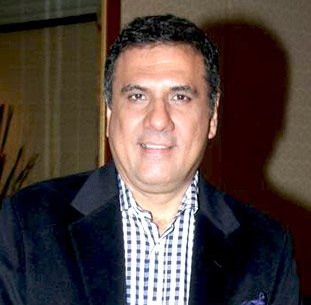A Quote by Martin Scorsese
The first element that I connected with was the emotion. Sorry, that's how it goes.
Related Quotes
Whenever we're all getting ready for a playoff game, you know how serious those games are, and you try to motivate your guys. There's a lot of emotion that goes into those games, and when I play, it's all about winning, and it's all about doing whatever it takes to fire guys up and to get that emotion running.
Hello, darling. Sorry about that. Sorry about the bony elbows, sorry we lived here, sorry about the scene at the bottom of the stairwell and how I ruined everything by saying it out loud. Especially that, but I should have known. You see, I take the parts that I remember and stitch them back together to make a creature that will do what I say or love me back.
How do we address network neutrality when the whole world is connected? How do we ensure governments don't purloin this for political purposes? It's already happening. Look at Russia on the American election. How do we protect data security when everyone's connected? Look what happened with the ransomware. How do we deal with cybercrime and cyberterrorism and the disruptions of the system? And we're seeing this every week now.
There is a documentary element in my films, a very strong documentary element, but by documentary element, I mean an element that's out of control, that's not controlled by me. And that element is the words, the language that people use, what they say in an interview. They're not written, not rehearsed. It's spontaneous, extemporaneous material. People
Most creativity is a transition from one context into another where things are more surprising. There’s an element of surprise, and especially in science, there is often laughter that goes along with the "Aha." Art also has this element. Our job is to remind us that there are more contexts than the one that we’re in - the one that we think is reality.

